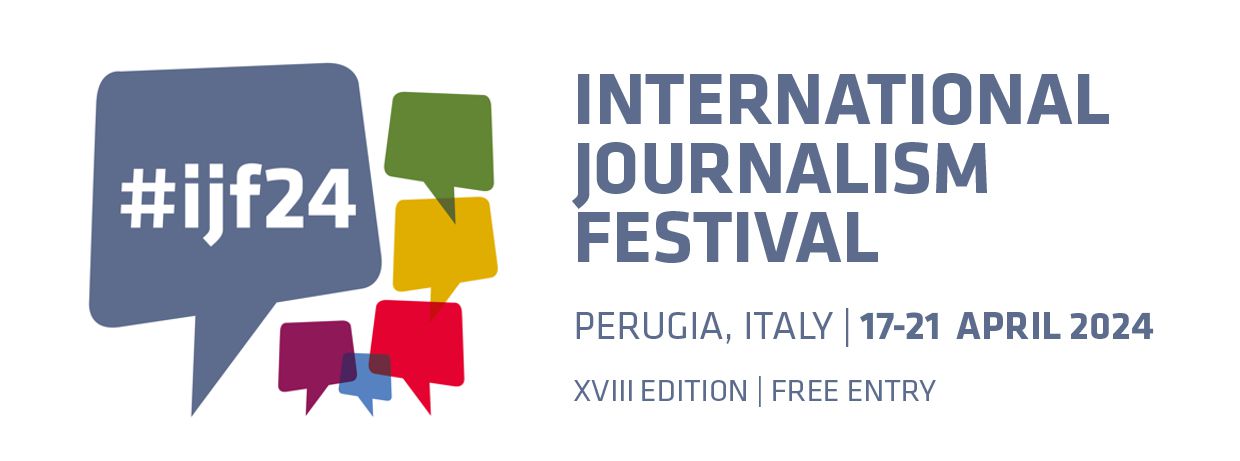Hackers’ Corner: 13 sessions with digital security experts from the corporate environment, trainers, digital activists and academic researchers. They will cover topics such as digital self defense, big data analytics and techno-political answers from threatened groups.

Journalists’ perception of digital risks is not so different to that of other users. If you feel that you could be at risk, you will want to protect yourself.
Recently, this situation has become even more complicated as a new category of threats is emerging. You can be attacked because of your proximity with other targets. The target can be your company, your colleague, the group with a shared ideology you belong to or anyone else that the digital world is connecting you to.
With the astonishing amount and detail of digital footprints left by every mobile and desktop device, attackers can easily correlate behavioral patterns and identify subjects in proximity of their target(s). How can they make this correlation? Each and every one of our phones is in some way being profiled and part of the tracking, advertising, “corporate surveillance” business model. Activities that might seems meaningless, such as agreeing that a game app can read your address book and GPS coordinates or use an open access point in a party can have serious consequences beyond what seems obvious.
In this #ijf16 Hackers’ Corner, organized by Claudio Agosti, we will explore how this business model, present in nearly every digital interaction we do, can be exploited by attackers to better coordinate their direction.
That not only companies, but criminals as well, can access and use data and information tracked by different apps represents a serious shift in attack economics: before, a targeted attack aimed at a specific subject would quickly become an expensive operation. Untargeted attacks instead are like fishing with nets in the ocean: many users can be compromised but rarely are these are connected to a target organization.
Proximity attacks make compromising an individual’s accounts and information less expensive and much more likely. Since a plethora of subjects are in the proximity of the target, they can be attacked in less sophisticated but equally effective way.
The International Journalism Festival #ijf16 offers 13 sessions by digital security experts from the corporate environment, trainers, digital activists and academic researchers. To frame proximity attacks, they will cover topics such as digital self defense, big data analytics and techno-political answers from threatened groups.
Friday 08 April:
- – Attacking online services
- – When the journalist is the target
- – The lost war on information security
- – Syrian journalists and citizen reporters under attack: how they can protect themselves
- – Surveillance without Borders: the role of corporations
- – Between Cryptoparty and Brussels: how important is the fight for digital rights to you?
Saturday 09 April:
- – You are being observed: horror stories about the software in your consumer devices
- – Evil maid and physical access attacks
- – Beyond malware: the nasty side effects of attacks on clients
- – Understanding predictive privacy harms
- – Gender and tech
- – Internet attacks: who is attacking whom and how?
- – Cybersecurity in vehicles


